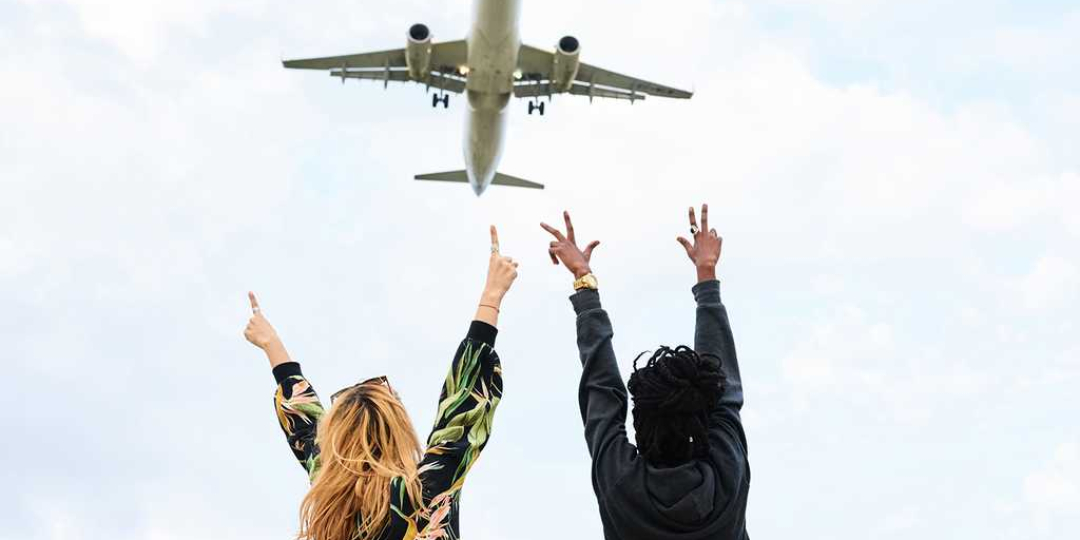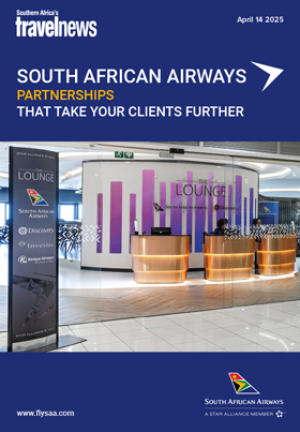The travel industry has responded to the country’s move to level 2 and the opening of provincial borders with cautious optimism, after months of complete shutdown for leisure travel.
Andrew Stark, md Middle East and Africa of Flight Centre Travel Group SA (FCTG) says this is a move in the right direction. “Whether it saves the industry, we will have to wait and see.”
Andrew says FCTG has been inundated with requests, mostly domestic but also international, from the day after the announcement was made by President Cyril Ramaphosa.
“It’s mostly domestic enquiries and bookings. There are lots of questions around when international borders will open. People are looking at December and later to see loved ones and book overseas holidays,” he says.
FCTG changed its business strategy to focus strongly on domestic travel for the next two years following its travel survey, which found that South Africans were keen to travel locally. Andrew says the company’s preparation in light of the move to level 2 has been spot on, and its new product range will appeal to customers. “Our corporate businesses have been generating 20% volumes for the past two months. Our leisure business has been preparing for the rebirth. We launched our intra-provincial Homegrown range two weeks ago and our Inter-provincial Homegrown range last Friday.”
Thompsons Holidays has also received many requests and has been its busiest since March, says ceo, Joanne Adolphe. The top sellers at the moment are properties that have social distancing protocols in place and have large, open spaces. Red Carnation properties have been quite popular, in keeping with its slogan ‘space is the new luxury’. She says destinations such as the Drakensberg and Clarens are currently popular.
Joanne calls the permission for domestic leisure travel “a small win” but thinks that more preventative care needs to be taken now more than ever.
“My only concern is that travellers may think that travelling is going to be so easy because certain regulations have been lifted.” She believes people must adhere to protocols more seriously, and says there is a danger that people will carry on as they did pre-COVID 19.
She says this is the perfect opportunity for the tourism industry to show government that it is a responsible industry and that the next hope is for the opening of regional borders and further regulatory easing.
How to fly under level 2
Liz Budge, manager of XL Oceanair Travel, says she has been in constant contact with government departments about changing regulations and told Travel News that travellers would need a mask, ID document or passport, air ticket or mobile boarding pass, and a completed health questionnaire declaration to enter the airport and board successfully.
Two airlines operating domestically, FlySafair and Airlink, have confirmed that travel permits are no longer required.
Liz also notes the important information that there two different forms, one for travellers who are clear and have not visited any infected areas and a form for travellers who have visited infected areas in the last 14 days.















